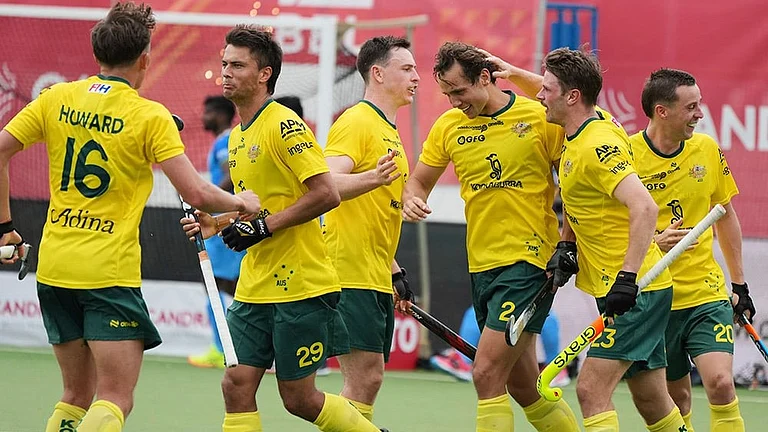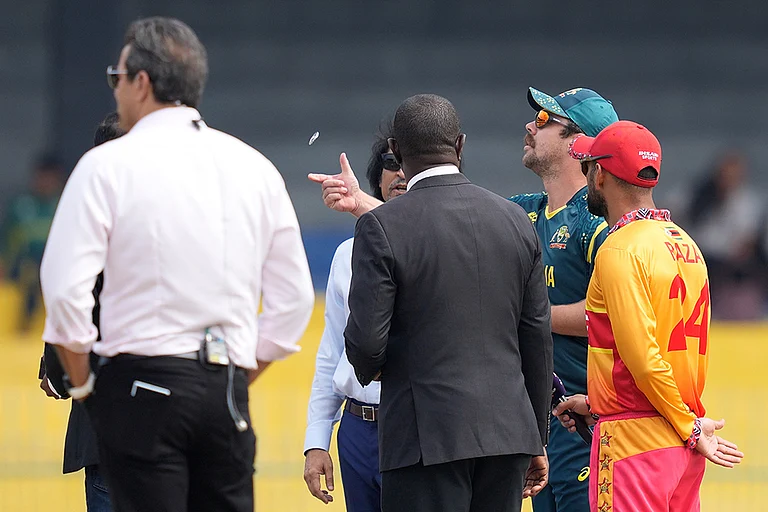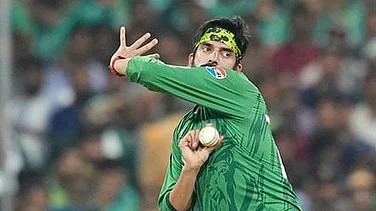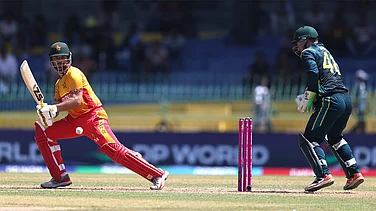Ashis Nandy, in ‘The Tao of Cricket’, famously called cricket an Indian game invented by the British. His comment, prior to market globalization and India’s emergence as a wealthy cricketing superpower, still echoes in different ways. The passion India has for cricket is reflected not only in throbbing stadiums and fans with painted faces, but also in the way our politicians covet posts in cricket administration. (More Cricket News)
Whether this would have been the case had cricket not had money in it is anyone’s guess. If India is able to decline a $400 million offer as too little – as the late Amitabh Choudhary did with the ICC in 2017, it is amply clear Indian cricket is a goldmine of money and/ or power. Both have always been dear to politicians. For several years, politicians or dynasts - from Madhavrao Scindia to Sharad Pawar to Jay Shah - have reached for a slice or four of the cricket pie. Currently, it is the Shahs and the Thakurs who are prominently at the crease.
The Curious Case Of The Shahs
Even after the recommendations of the Lodha committee, which barred public servants from holding administrative positions in Indian cricket, current home minister Amit Shah and his son Jay variously held positions in the GCA (Gujarat Cricket Association) and the BCCI. They didn’t leave their respective posts of President and Joint Secretary at GCA until 2019. Interestingly, Shah Sr took over the GCA presidentship from Prime Minister Narendra Modi, who left the seat vacant as he became the PM in 2014.
After the exit of father and son, GCA published a list of new office-bearers, conspicuously keeping the post of the President vacant. That empty space in the GCA list says all that there is to say about the way Indian cricket works.
Thakurs At The Helm
Son of former Himachal Pradesh Chief Minister Prem Kumar Dhumal, Anurag Thakur is a case of calculated rise and sudden fall. Spending long years as the president of Himachal Pradesh Cricket Association (HPCA) under the patronage of his CM father, Thakur took over as BCCI secretary in 2011. As for Thakur’s cricketing credentials, he played once as a ‘Captain’ of his state in the Ranji Trophy against Jammu and Kashmir.
Serving four years as BCCI secretary, Thakur rose to the position of president after the death of Jagmohan Dalmiya. During his two years’ tenure he encountered several battles, from the burden of spot-fixing to the recommendations of Lodha Committee.
The SC, in its landmark judgment, removed him from his presidentship. But the clan did not have much to worry about. In 2019, Thakur’s brother Arun Dhumal took over the overflowing BCCI coffers as the treasurer. But you dare not mention nepotism.
Sticking To The Wicket, Scindia Style
The Scindias are another dynasty in cricket administration. Madhavrao Scindia, the former civil aviation minister, was also the BCCI President. His son Jyotiraditya is the GDCA (Gwalior Division Cricket Association) patron. A few months ago, Jyotiraditya’s son Mahanaryaman, all of 26, took over as the Vice-President of GDCA.
The BJP leader Pankaj Chaturvedi, perhaps expecting people to be naïve, said that the move should not be read as political. “This should not be seen politically,” he said. “He (Mahanaryaman) is a cricket lover and working closely for strengthening the facilities for the players in the region.”
The BCCI’s financial power, coupled with the political patronage it has, help it to roll over any critical issue that comes in its way. The Lodha Committee was indeed a bumper in the road, but with the SC’s order, it has been blunted to some extent.
While speaking to ‘Outlook’, Saba Karim, former Indian cricketer and General Manager, Cricket Operations, BCCI said, “They [Supreme Court] earlier passed the judgment and now they have kind of revoked it. I am sure there would be reason to do that. They may feel that the tenures need to be extended.”
Expressing full faith in the discretion of the SC, Saba Karim said, “If it [SC] has given more credence to the functioning of the BCCI and more transparency, so be it.”
However, the question remains, are things as transparent as they should be?
Had James Carville, the former strategist of Bill Clinton, observed Indian cricket closely, perhaps we would have got a new phrase - “It’s the Politics, Stupid!”.



























